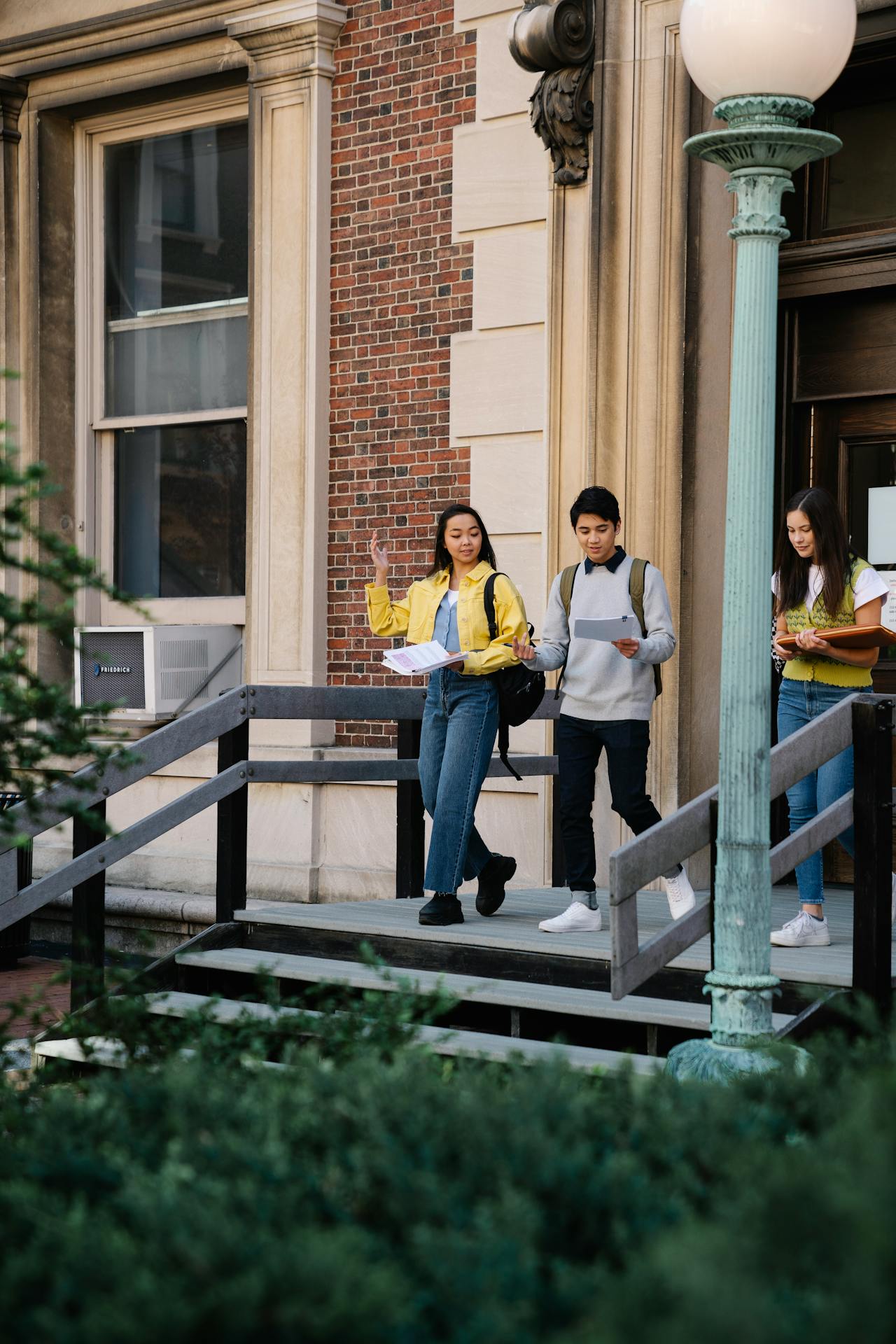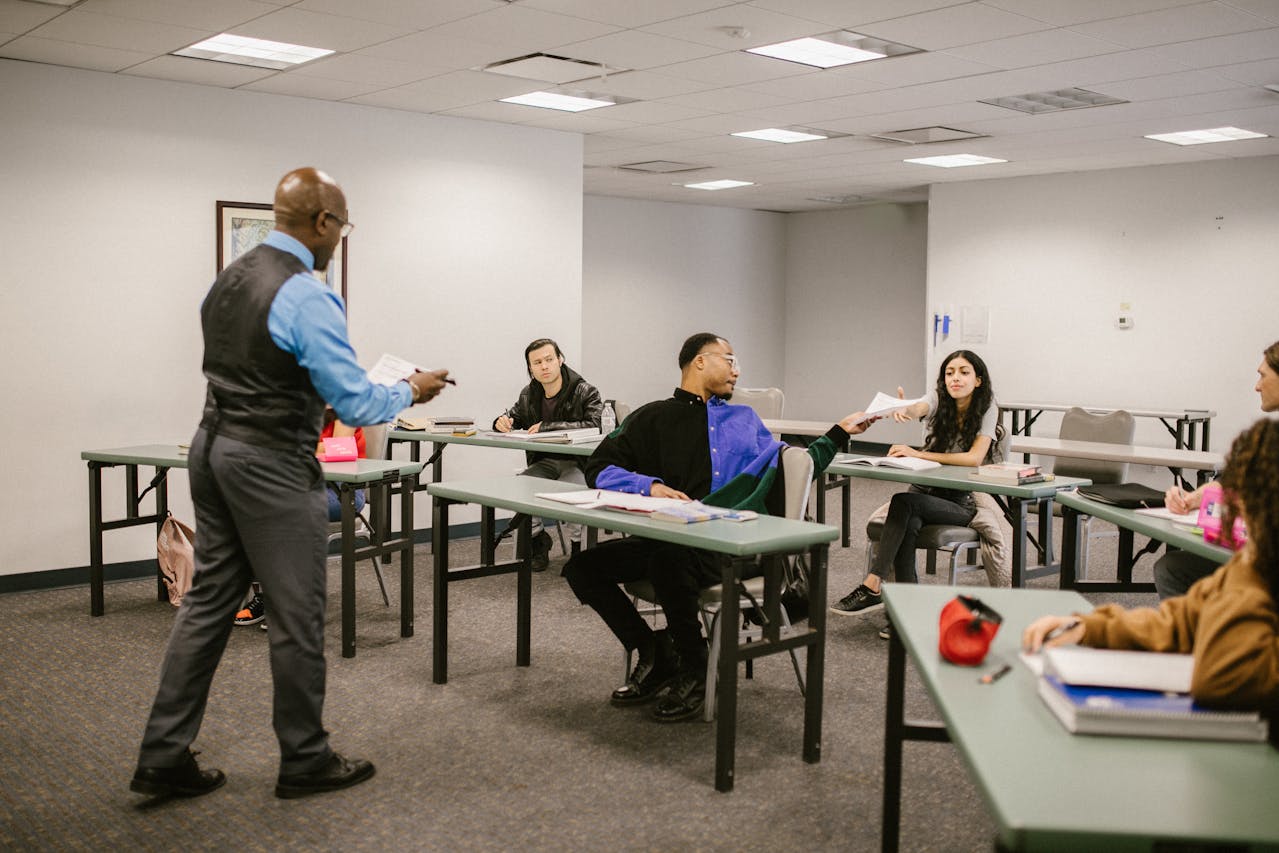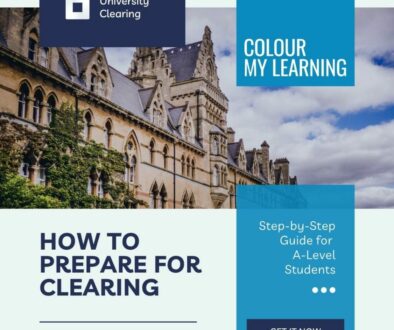Essential Questions to ask at a University Open Day (for Parents and Students)
As the season comes round again in the UK when our young people (and their parents) traipse all over the country, visiting Universities and hopefully trying to envision themselves there, it is undoubtedly an overwhelming time. Having seen it from both sides, as a former academic and as a parent, this is what I would advise.
Take it all with a pinch of salt. Remember to keep in mind that a University Open Day is much like any Open House even. The institution is on show and some are simply better at putting on one. That said, I would be wary of those that did not make any effort at all (yes, they do exist). Now comes the most important question of all, how do you judge whether a Uni is good or even right for you (or your young person) amidst all the noise and promises?

After all, the cost of University is eye-watering. With the fees rising for home students and the ever increasing costs of living, rent and food, means that after a standard 3-year degree (with the maximum loan) a young person is likely to be owing to the tune of £60-70K perhaps even more. So, how do you make sure that where you go is the ‘right’ and ‘best’ place? My best advice would be to talk and ask as many questions as possible of everyone you meet. Even if they are just stewards or student helpers, out and about directing visitors. Insights often come from the most unexpected places.
The list of questions below are organised by sub-sections that we think are important to cover. And there are a lot of potential questions. Some of these may be answered by some online searching or simple googling, however it is often valuable to hear perspectives and opinions. You may not be able to get through every single question in this list, but reading through them will hopefully help you build an approach and a perspective into each university that you visit.
1. Academics and Teaching
Truth be told, going to University is technically all about getting that piece of paper. Hence, the academic environment is significant shaping your educational trajectory and personal growth. When you meet academics (professors or lecturers), it is worth asking thoughtful questions about the teaching approach, support available, and how courses are structured. It will help you gain a better understanding of what to expect and obtain an insight into how the university staff approach teaching. It can also help you gauge how lecturers engage with students and how the curriculum is designed to meet your learning goals.
These are some questions that are worth asking academics (Professors, lecturers) or Directors of Studies when you meet them.
- What do you enjoy most about teaching here?
- What would you say is the most challenging part of your job?
- What advice would you give to someone like me?
- Are there opportunities for interdisciplinary learning?
- How do you support students who might struggle with the academic workload?
- What kind of resources or academic support are available (e.g., tutoring, workshops, or extra office hours)?
- How does the curriculum evolve to keep up with changes in the field?
- How often is the course content reviewed and updated?
- What is the typical structure of the course? (x lecture hours, x seminar/workshops etc)
- Is the course modular?
- How large are class sizes, and what is the student-to-lecturer ratio?
2. Assessments and Coursework
Different universities have different approaches to assessments. The more traditional universities still rely on 100% final exams although that is now becoming more rare. . Some Universities, although few and far in between, still follow this approach. Most have now adopted the more American modular approach. This accounts for a number of modules to be taken per semester with assessments for those modules often accounted for in different ways – including coursework, assignments, participation, attendance and usually a smaller percentage ‘final’ exam.

It is worth considering how your course will be assessed at the University you would like to attend. By asking questions about assessment methods and the workload, you’ll get a clearer picture of how your performance will be measured and what kind of balance you can expect between study and other activities.
- Are assessments primarily exam-based, or are there other forms of evaluation like essays, presentations, or group projects?
- Does attendance contribute to grades?
- Are there take-home exams or other flexible assessment methods?
- How many contact hours are there per week, and are they spread evenly throughout the term?
- What percentage of students achieve firsts and 2:1s in this course?
- How often do students receive feedback on their work?
- Is there an option to retake assessments if necessary?
- How are group projects assessed, and what percentage do they contribute to the final grade?

3. Student Experience (Questions to ask current students)
The student experience extends far beyond academics. Day-to-day life on campus, the support available, and how you’ll feel as part of the university community is an important aspect of the entire student experience. Speaking to current students is one of the best ways to get an authentic feel of what life might be like at the Uni, from the social environment to the challenges and opportunities you’ll encounter.
Here are some questions that you might ask current students to get a feel of what it’s like that the Uni, and also how they enjoy (or not) Uni life. We have found that if you ask the same of different people you might well end up with a variety of different answers. But at the Unis where student life and support are well cared for, it was represented in almost every conversation we had.
- What is the best part of your course?
- What do you enjoy most about being at this university?
- What has been your most challenging experience so far?
- What kind of support is available for students (academic, mental health, career services)?
- What does a typical day/week look like for a student in your department?
- Is it common for students to have part-time jobs, and how do they balance work with their studies?
- How intense is the workload, and do you feel supported in managing it?
- Are there opportunities for internships or study abroad programs?
- Do students form strong networks with alumni or industry professionals?
- How does the university foster a sense of community or belonging?
- How easy is it to get involved in extracurricular activities or student societies?
4. Student Life and Wellbeing
In the same vein as above, your wellbeing and social life are integral to a fulfilling university experience. From mental health support to the number and variety of student societies and clubs, these elements can help you grow and thrive during your time at university. Whether or not you’re the clubbing kind, or prefer a quiet gathering with friends over mugs of tea, there will be people for you. It’ll just be a case of reaching out and finding them. One way to do that is to find out about the various opportunities and services available.
Depending on how active the student body is, it will also give you a sense of how the university helps to nurture a healthy, balanced student life. Here are some questions that can help you find out more:
- What is the social life like at this university?
- What kind of societies or clubs are available, and how easy is it to get involved?
- How diverse and inclusive is the student body?
- What mental health or wellbeing services are available to students?
- How is the accommodation, and is it easy to find off-campus housing after the first year?
- How diverse and inclusive is the student community?
- What are the sports or gym facilities like?
- How accessible is the campus for students with disabilities?
- How safe is the campus, and what measures are in place to ensure student safety?
5. Facilities and Resources
A university’s facilities also plays an important role in your learning experience. Whether it’s access to libraries, labs, specialist sports areas or collaborative spaces, having the right resources can enhance your overall experience. It is worth asking about what’s available to help support your studies and how easily you can access these facilities during your time at Uni.
Many of the more established Unis take great pride in their libraries and learning spaces (some even date back several hundred years). Depending on time of year when you visit, you might see how busy a space can actually get, which is worth keeping in mind.
- What facilities are available for students studying my course (labs, studios, libraries, etc.)?
- Is the library well-equipped with the necessary academic materials, and are there quiet study spaces?
- Is it based on a first come first serve? Are there time limits?
- What are the library’s opening times?
- How accessible are the libraries and study spaces?
- Is the library well-equipped with the necessary academic materials?
- What digital resources are available to support learning, such as online journals or software?
- How up-to-date is the equipment in labs or specialist spaces?
- Are there collaborative spaces for group work?
- How easy is it to access lecturers or tutors if I need extra support?

6. Career and Future Opportunities
Universities are the first springboards to your future career. It’s important to explore how the university supports career development, offering internships, networking opportunities, or guidance for life after graduation. Asking about these aspects will help you understand how well the university prepares students for the professional world. In many cases, there may be links and resources available but it is generally up to each student to make contact and apply for a space.
- How does this course prepare students for the job market?
- How does the university help students develop professional skills, like networking or interviewing?
- Are there internship or placement opportunities integrated into the course?
- What kind of networking opportunities are available with employers or alumni?
- Does the University have career support services?
- How active are they in helping students find work experience or jobs after graduation?
- What percentage of graduates find employment related to their degree within six months?
- How many graduates go on to further study, and in what fields?
- Are there entrepreneurship programs or support for students interested in starting their own businesses?
7. Financial Considerations
The financial aspects of university life go beyond tuition fees. It is important to consider living costs (accommodation, food, travel, miscellaneous expenses) and available scholarships or grants. It is also worth asking how easy it is to find a part-time job. By asking about financial support and budgeting, you’ll be better prepared to manage your finances during your time at university.
- What scholarships, bursaries, grants or financial aid options are available?
- What are the average living costs in this city, and how do students typically manage them?
- Are there hidden or additional costs associated with the course (e.g., lab fees, textbooks, travel for placements)?
- How easy is it to secure part-time work on or near the campus?
- How do most students manage their living expenses?
8. Things to Observe on Open Day
An Open Day is your chance to experience the University, its campus and the town or city itself firsthand. As you walk around, take note of the atmosphere, the condition of facilities, how students interact with each other. Try and see how well you can picture yourself there. This will help you get a feel for the university environment and whether it will suit your needs and preferences.
- Can you visualise yourself in the university environment (lecture halls, study spaces, accommodation)?
- What’s the general atmosphere like on campus? Do students seem happy and engaged?
- Is the campus well-maintained and equipped with modern technology?
- What is the proximity to the town/city, and how accessible are the amenities (supermarkets, cafes, transport links)?
- How welcoming do both staff and students seem?
- How easy is it to navigate the campus, and are the facilities clearly marked?

Final note
One of the most important things to note while visiting a Uni during Open day is how it makes you feel. While the atmosphere, weather, even what time of day might account for much, ultimately it is really important to be honest about what the place feels like to you. Remember that it will be your home for the next three years (maybe more if you’re on a longer course). Ideally, your visit should leave you inspired, excited and ready for your next step.
What if I’ve visited and still can’t make up my mind?
As I mentioned at the start of this post, University Open Days are very much an ‘Open house event’. The Uni is effectively on show and if done well and correctly it is impressive. Of course you do not have to make up your mind immediately at this stage. What you’re looking for is a general ‘can I see myself here?’ and often that is a quick yes or no.
If you think you like it, but are still not sure, remember that UCAS allows you 5 choices. After your offer comes through, sometime in Spring you will usually be invited to another Offer Holders’ Day event. This will allow you to have a closer look at the Department of choice and perhaps even sit in on some lectures or seminars. Hopefully you’ll then have a firmer idea whether or not its the right place for you.
And if not, taking a Gap Year is a very real and very worthwhile experience too.
Good luck!
If there is anything you feel that we might have missed, please do leave us a comment or send us a message.
Related:
Gap Year
Work abroad for your Gap Year
How to prepare for your Gap Year










